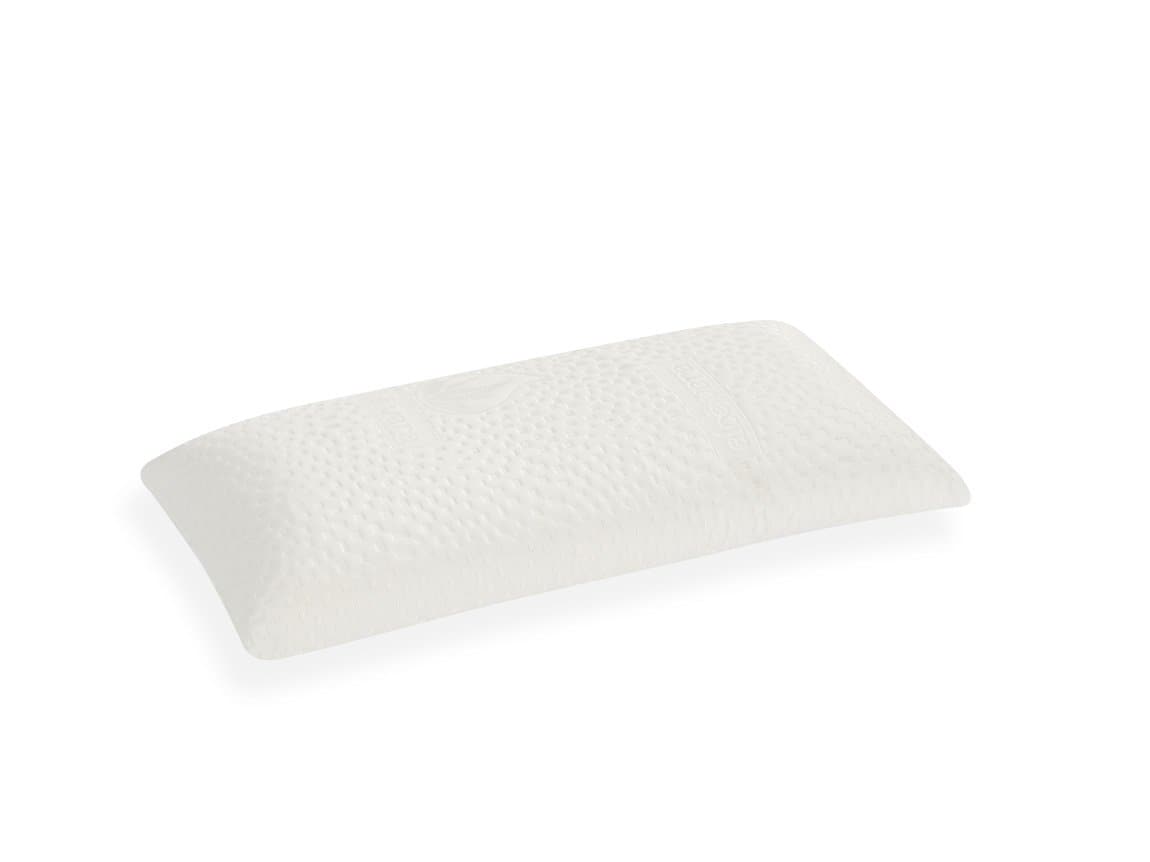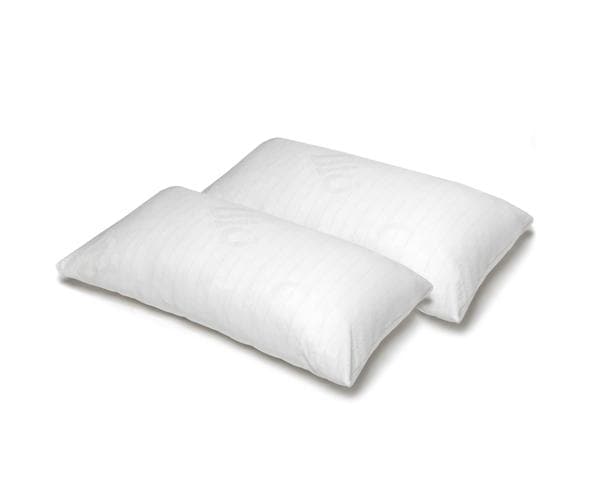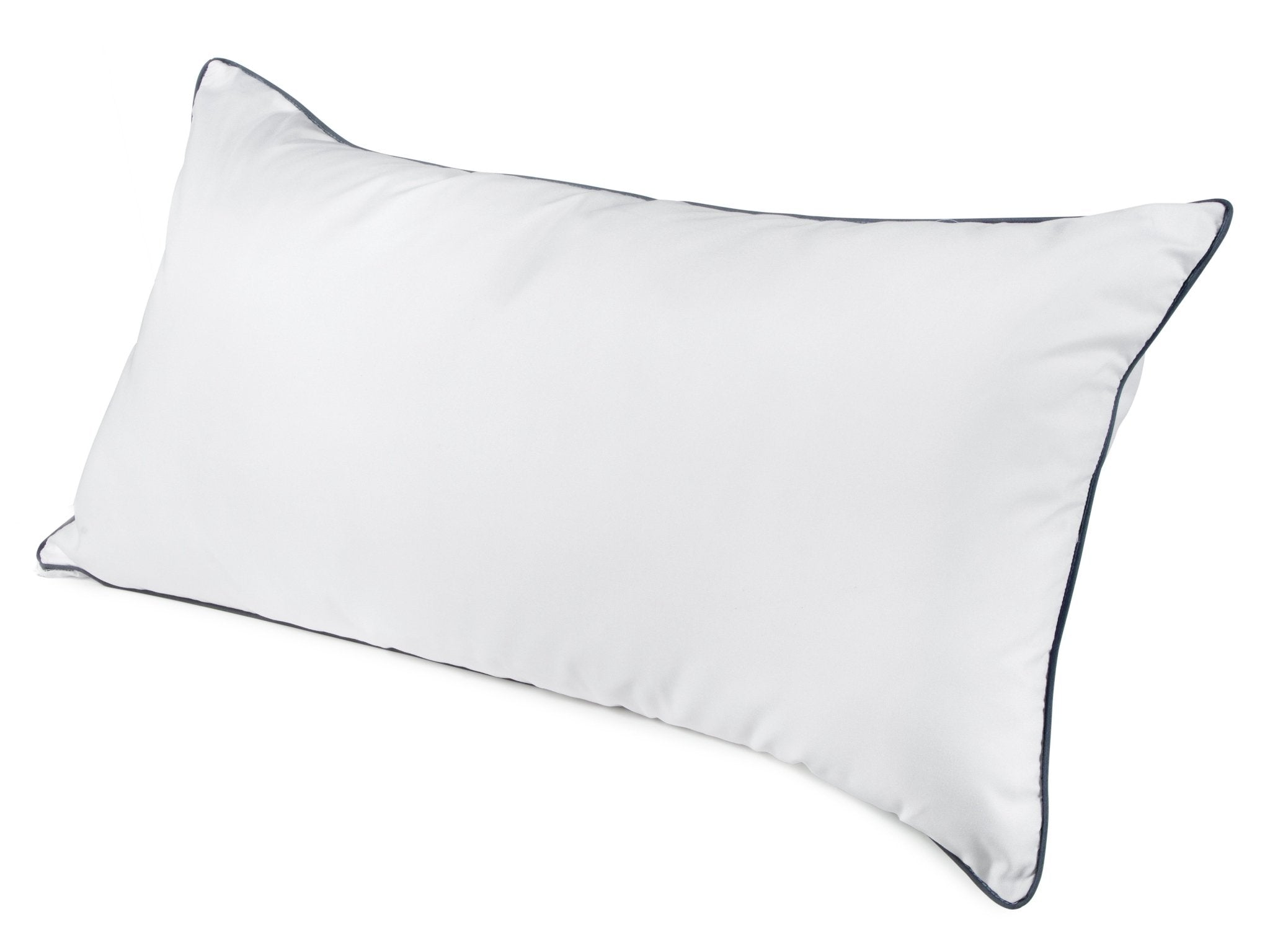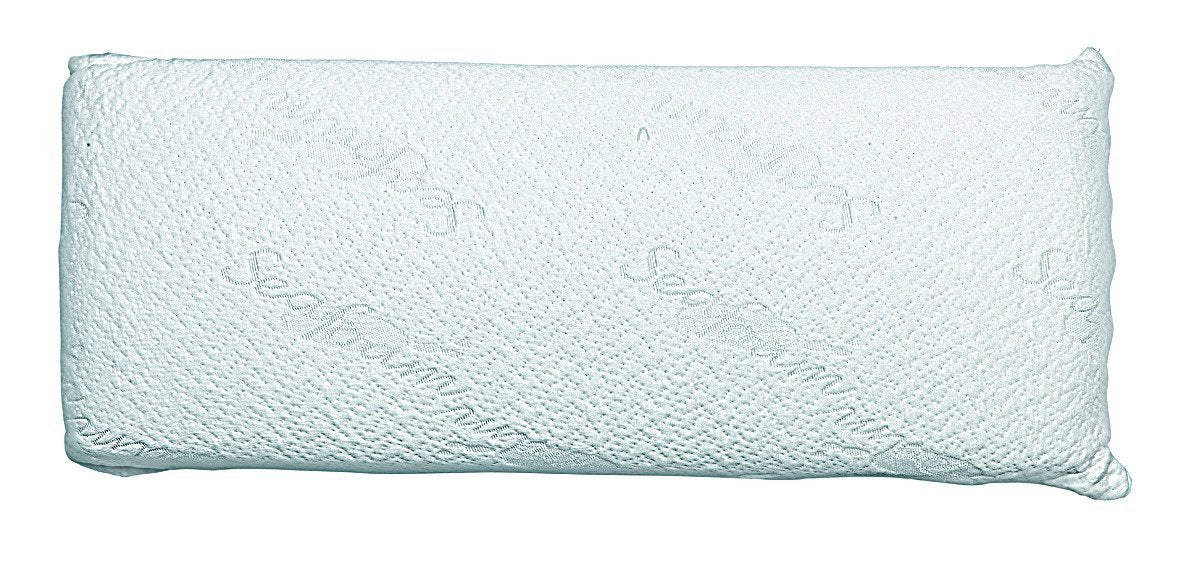
Although for many the nap has become a childhood memory, for others it is still something very common in their daily lives. A little nap after eating is a great pleasure for some, although very few know if the myths that revolve around naps are true or false.
The siesta comes from Spain
Despite being one of the features that most distinguishes Spain for foreigners, the truth is that the siesta is originally from Italy, more specifically from the Roman era. The word “siesta” comes from the Latin word “sexta”, which refers to the rest that many Romans took after eating and which took place in the sixth hour of the day. For them, the sixth hour took place between what for us is 1:00 p.m. and 3:00 p.m.
It was much later when, thanks to the specific schedules of Spain, the nap could be more easily accommodated in our daily lives.

Napping worsens sleep quality
Another widespread myth about napping is that it will prevent you from falling asleep at night. If the nap is brief, it will help reset the body for the rest of the tasks that remain to be done during the day, without preventing fatigue at night. If the nap is long, it will most likely make the body lethargic and may even make it easier to fall asleep at night.
The nap is not better the longer it is. You always hear many nap fans say that “a good nap lasts 3 hours.” This is false, since numerous studies affirm that it should not exceed 30 minutes , since if it is too long, the sleep cycle could reach the REM phase and, when it is cut off during this, it will cause us to wake up disoriented and more tired. still.
Although many believe that a coffee after a meal is the best way to relieve sleep, the truth is different: a nap allows us to relieve fatigue and reactivate our body, while coffee "postpones" fatigue .

Napping benefits everyone
This is not entirely true. While it helps the vast majority, it is inadvisable for those people who suffer from insomnia or other sleep disorders, since they tend to distribute the hours of sleep during the day And yes, it could substantially alter your night's rest.
The nap makes you fat
It is not necessary to digest before taking a snooze, because if it is not too long, the body will be able to digest the food during the rest.
On the other hand, you should not eat too much or take an excessively long nap. A large amount of food will make the body more tired and need sleep: what makes us gain weight is the amount of food ingested and poorly digested, not the nap. However, naps that exceed 30 minutes could constitute difficulties for the effective absorption of food.







